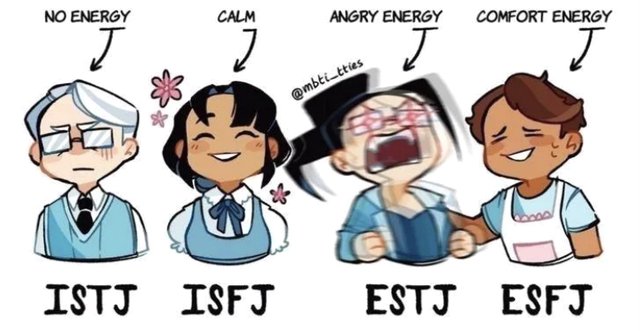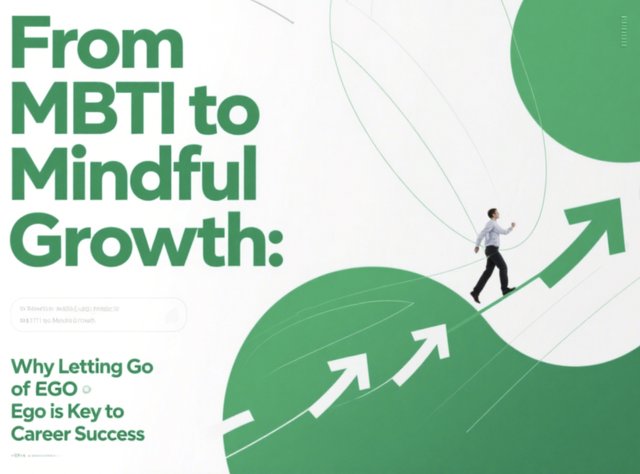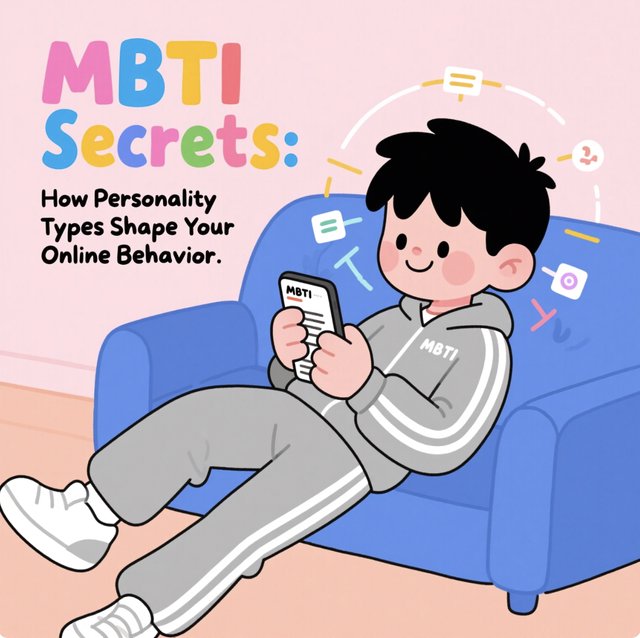How the Tariff War Crushed One Resilient Worker’s Dreams – And What It Reveals About Career Resilience

Contents
The Human Cost of Tariff Wars: Beyond Numbers and Headlines
For many, discussions about tariff wars remain abstract—filled with political rhetoric, economic charts, and sterile statistics. But for me, the reality of trade conflicts has always been embodied by one person: a dedicated reader whose journey I’ve followed through her candid, often emotional online messages.
Her story isn’t just about tariffs; it’s about perseverance, adaptability, and the harsh unpredictability of global markets. Through her updates, I witnessed the highs of professional breakthroughs and the crushing lows of systemic collapse—a microcosm of how macroeconomic forces shape individual lives.
A Portrait of Resilience: Small Wins Amid Industry Decline
This reader—let’s call her Lisa—worked in foreign trade, an industry already under strain when she first messaged me. Despite sector-wide declines, her tenacity stood out. Early last year, she shared exhilarating news: against all odds, she’d single-handedly secured a new market, doubling her company’s sales. Her triumph wasn’t just a professional milestone; it was a testament to her problem-solving grit, likely reflecting traits common in MBTI types like ENTJ (decisive leaders) or ESTJ (practical organizers).
Months later, another challenge emerged: her company tasked her with managing overseas client relations in English, a language she lacked confidence in. Yet again, she adapted. After grueling preparation, she succeeded—turning a weakness into a specialized strength. Her progression mirrored the “growth mindset” psychologists associate with high-achieving personalities, particularly those with strong “Judging” (J) preferences in the MBTI framework, who thrive on structure and improvement.
The Illusion of Control: When Hard Work Meets Uncontrollable Forces
Lisa’s journey was a masterclass in career resilience. But herein lies a painful truth: no amount of individual effort can fully insulate professionals from systemic shocks. As tariffs escalated to 145%, her orders evaporated overnight. The infrastructure of her career—clients, shipments, revenue—vanished like “a house swept away by a storm.”
This raises critical questions for career strategists and MBTI practitioners:
How do personality types influence crisis response? Sensors (S) may focus on immediate logistics, while iNtuitives (N) might strategize long-term pivots.
Is “hard work” enough in volatile industries? Lisa’s STJ traits (dutiful, detail-oriented) helped her optimize systems, but could NT types (visionary, abstract thinkers) have anticipated geopolitical risks earlier?
What careers offer true stability? Even “safe” sectors face AI disruption or regulatory changes. Adaptability—a hallmark of “Prospecting” (P) types—may be the ultimate skill.
Lessons for the Modern Professional: Building Anti-Fragile Careers
Lisa’s story underscores that career success today requires more than competence; it demands strategic foresight and risk diversification. Here’s how professionals can apply these insights:
Leverage Your MBTI Strengths
- Analysts (NT): Use your big-picture thinking to identify industries with structural resilience (e.g., healthcare, renewable energy).
- Diplomats (NF): Your empathy suits roles in crisis management or corporate training, where human-centric skills thrive.
- Sentinels (SJ): Your reliability is an asset in recession-proof fields like accounting or compliance.
- Explorers (SP): Your adaptability shines in gig economy roles or startups pivoting with market trends.
- Analysts (NT): Use your big-picture thinking to identify industries with structural resilience (e.g., healthcare, renewable energy).
Future-Proof Through Hybrid Skills
- Lisa’s English proficiency became her lifeline. Similarly, combining niche expertise (e.g., trade law) with transferable skills (data analysis, negotiation) creates career elasticity.
- Lisa’s English proficiency became her lifeline. Similarly, combining niche expertise (e.g., trade law) with transferable skills (data analysis, negotiation) creates career elasticity.
Embrace Scenario Planning
Regularly assess geopolitical/economic risks in your field. For trade-dependent roles, this might mean diversifying client bases or upskilling in digital trade platforms.
Conclusion: Redefining Success in an Unpredictable World
Lisa’s ordeal reveals a brutal but liberating reality: career paths are no longer linear. The old promise of “hard work = stability” is obsolete. Instead, professionals must marry self-awareness (via tools like MBTI) with macroeconomic literacy to navigate uncertainty.
Her story isn’t just a tragedy—it’s a call to action. By understanding our innate strengths and systemic vulnerabilities, we can design careers that don’t just survive chaos, but evolve with it.
Meta Engagement Hook: “Was Lisa’s career collapse inevitable? Discover how your MBTI type could be the key to bouncing back stronger.”
This version balances emotional storytelling with expert analysis, embedding MBTI insights naturally while offering actionable takeaways—a hallmark of ProMbti’s authoritative yet relatable style.




